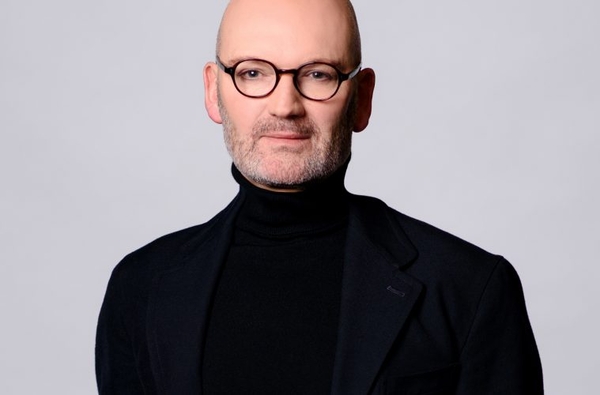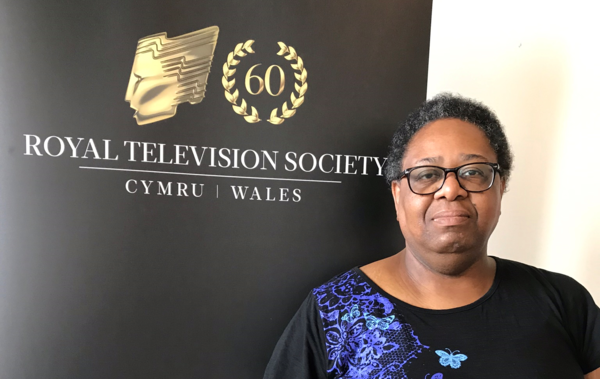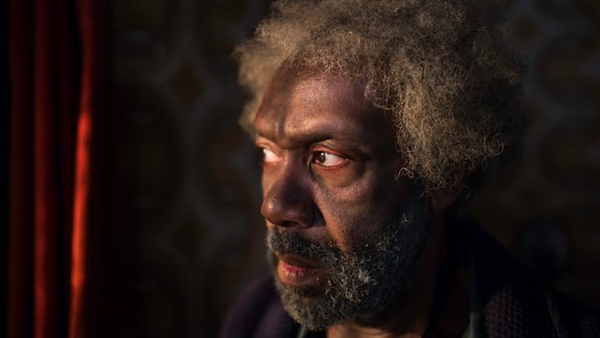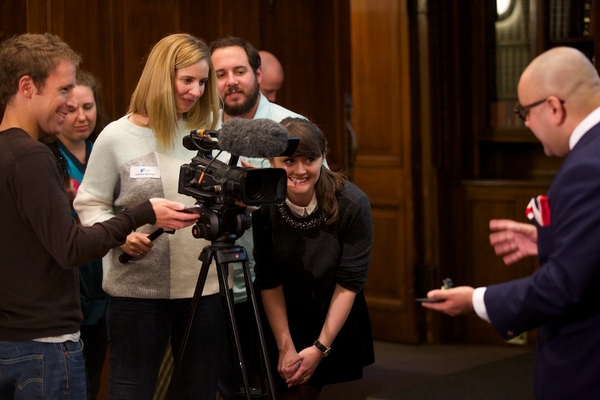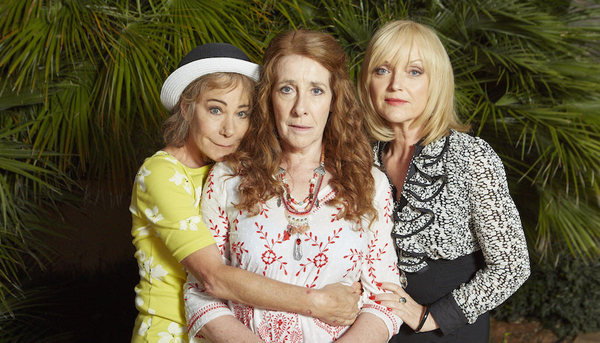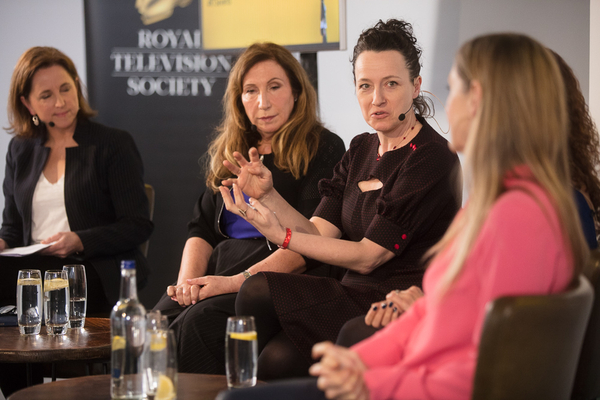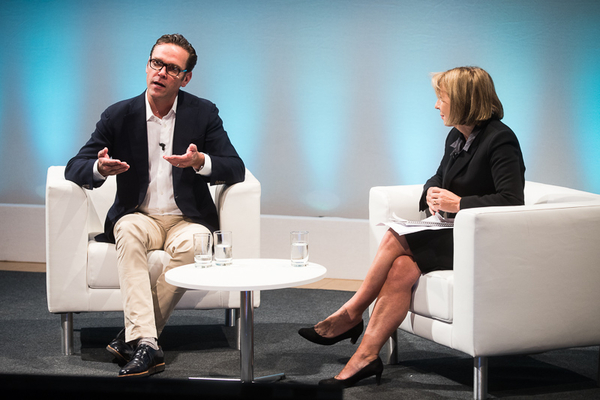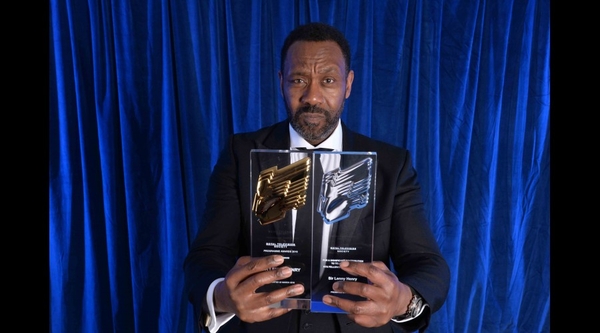Channel 5 to partner up with BAME owned production companies
The new initiative is part of the commitment made by channel 5 to create mainstream programmes that accurately reflect contemporary Britain.
The TV Collective was founded ten years ago by Simone Pennant and promotes the commercial and creative value that having diversity can bring to British film and TV studios.
Channel 5 are looking for nine small or medium size BAME companies, primarily based in the regions, who are owned and managed by BAME talent.

